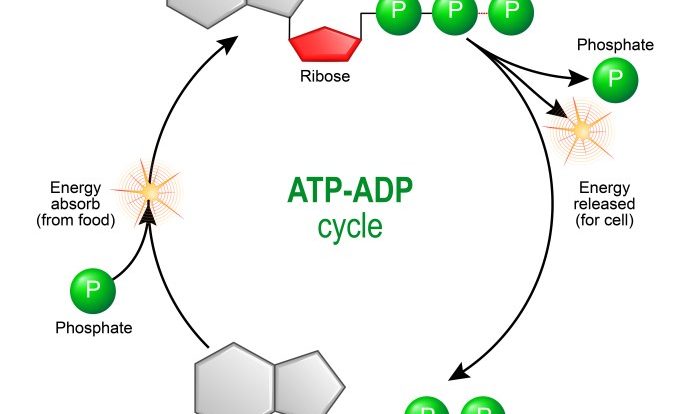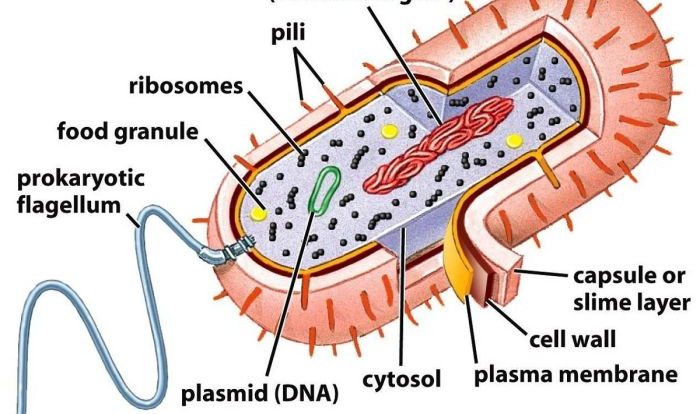Eukaryotic cell cycle and cancer in depth answer key sets the stage for this enthralling narrative, offering readers a glimpse into a story that is rich in detail and brimming with originality from the outset. This comprehensive guide delves into the intricate mechanisms of the eukaryotic cell cycle, shedding light on its pivotal role in cancer development.
Prepare to embark on an intellectual journey that will illuminate the complexities of cellular life and the devastating impact of uncontrolled cell proliferation.
As we delve deeper into the eukaryotic cell cycle, we will unravel the intricate interplay between cyclins and cyclin-dependent kinases (CDKs), the gatekeepers of cell cycle progression. We will explore the consequences of cell cycle dysregulation, paving the way for a deeper understanding of the molecular underpinnings of cancer.
This in-depth analysis will provide invaluable insights into the development of targeted therapies, offering hope for improved cancer treatment outcomes.
Eukaryotic Cell Cycle Overview
The eukaryotic cell cycle is a tightly regulated process that ensures the accurate duplication and distribution of genetic material to daughter cells. It consists of four distinct stages: G1, S, G2, and M. Checkpoints at the end of each stage monitor the cell’s progress and ensure that critical events have occurred before proceeding to the next stage.
Key Events in the Cell Cycle, Eukaryotic cell cycle and cancer in depth answer key
- G1 (Gap 1) phase:Cell growth, protein synthesis, and preparation for DNA replication.
- S (Synthesis) phase:Replication of DNA to produce two identical sister chromatids.
- G2 (Gap 2) phase:Final preparations for mitosis, including protein synthesis and organelle duplication.
- M (Mitosis) phase:Segregation of sister chromatids into two daughter cells, followed by cytokinesis (cell division).
Cell Cycle Regulation
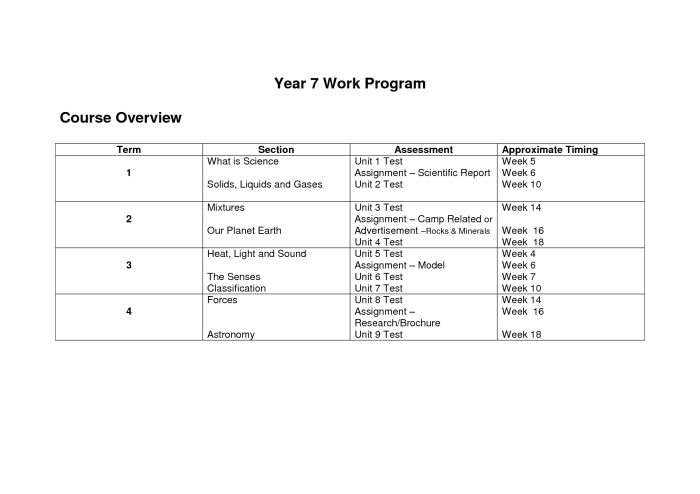
The cell cycle is primarily regulated by cyclins and cyclin-dependent kinases (CDKs). Cyclins bind to and activate CDKs, which then phosphorylate specific target proteins to promote cell cycle progression. External signals, such as growth factors, and internal mechanisms, such as DNA damage, can influence cell cycle progression by regulating the activity of cyclins and CDKs.
Consequences of Cell Cycle Dysregulation
Dysregulation of the cell cycle can lead to a variety of problems, including cell death, developmental abnormalities, and cancer. Uncontrolled cell proliferation is a hallmark of cancer, as cells bypass checkpoints and continue to divide uncontrollably.
Cancer and the Cell Cycle
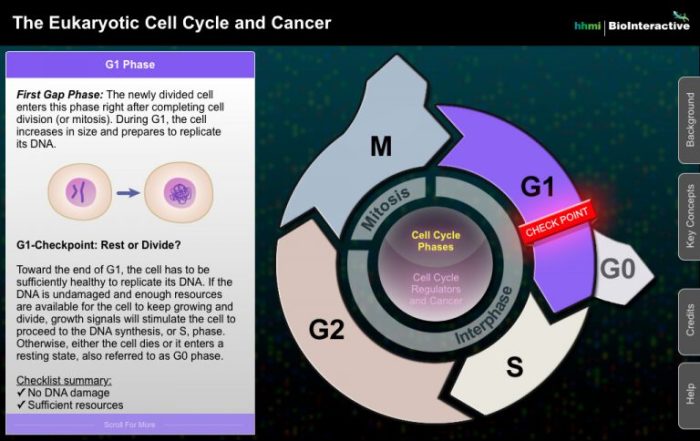
Cancer cells often exhibit disruptions in cell cycle checkpoints, allowing them to escape normal growth controls. Specific checkpoints that are frequently disrupted in cancer include the G1/S and G2/M checkpoints.
Molecular Mechanisms of Cell Cycle Deregulation in Cancer
Cell cycle deregulation in cancer can be caused by mutations in genes that encode cyclins, CDKs, or checkpoint proteins. These mutations can lead to uncontrolled cell proliferation and contribute to tumor development.
Therapeutic Implications: Eukaryotic Cell Cycle And Cancer In Depth Answer Key
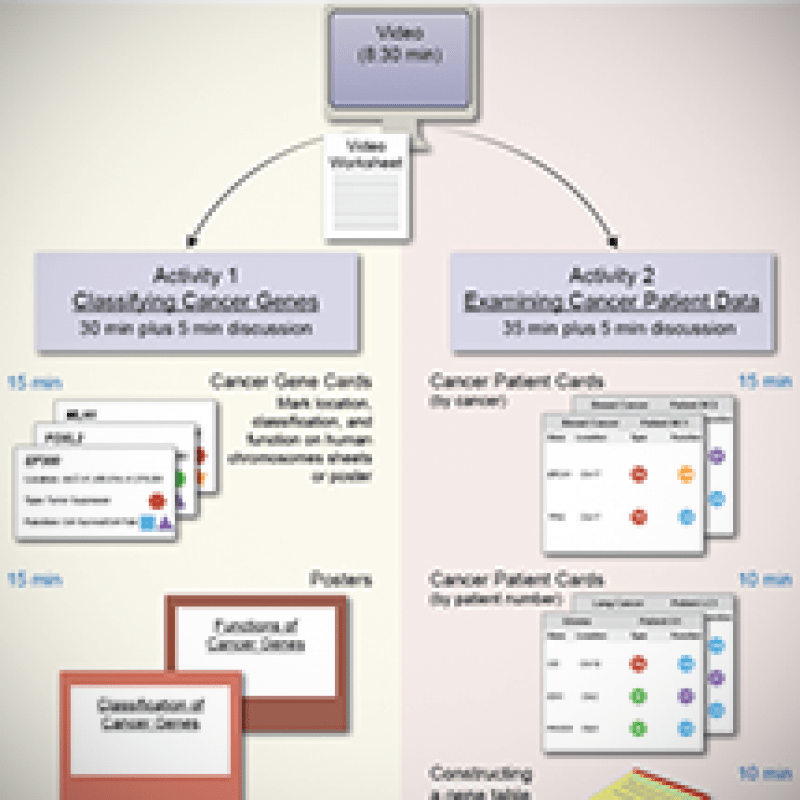
Cell cycle inhibitors are drugs that target specific proteins involved in cell cycle regulation. These drugs can be used to slow or stop cancer cell proliferation. However, targeting the cell cycle in cancer therapy can be challenging due to the complexity of the cell cycle and the potential for side effects.
Challenges and Future Directions
The development of effective cell cycle inhibitors requires a thorough understanding of the cell cycle and the specific molecular mechanisms involved in cancer cell proliferation. Future research will focus on identifying new targets for cell cycle inhibition and developing more selective and effective therapies.
Essential Questionnaire
What is the eukaryotic cell cycle?
The eukaryotic cell cycle refers to the ordered series of events that occur in eukaryotic cells, leading to cell growth, DNA replication, and cell division.
How does the eukaryotic cell cycle contribute to cancer development?
Uncontrolled cell proliferation, a hallmark of cancer, arises from disruptions in the normal cell cycle regulation, allowing cells to bypass checkpoints and divide uncontrollably.
What are the key cell cycle checkpoints?
The eukaryotic cell cycle is punctuated by checkpoints, such as the G1/S and G2/M checkpoints, which ensure that critical cellular processes are completed before the cell proceeds to the next stage of the cycle.
How can cell cycle inhibitors be used in cancer treatment?
Cell cycle inhibitors are drugs that target specific molecules involved in cell cycle regulation, thereby halting cell proliferation and potentially inducing cell death in cancer cells.
